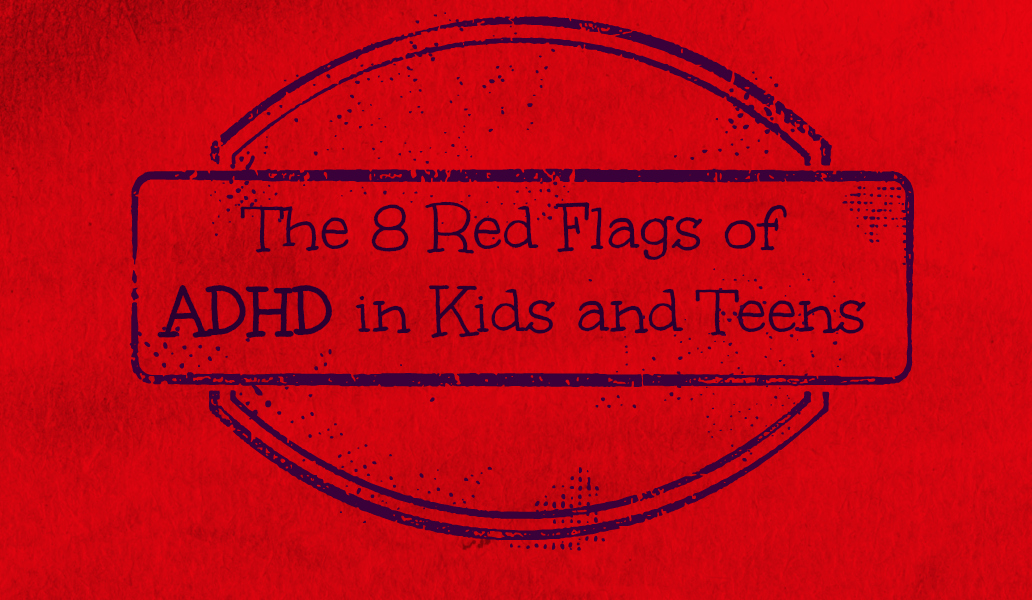-
Suicide in Kids and Teens: What Parents Should Know
With the devastating passing of Robin Williams last week, suicide has definitely been in the news lately. Although it’s not exactly fun to talk about, it’s a really important topic. Because of this, I wanted to take this opportunity to share some information about suicide that could be helpful for parents.
Suicide is a serious problem in both kids and teens. It’s the third leading cause of death for 15- to 24-year-olds, and the sixth leading cause of death for 5- to 14-year-olds. However, it can be prevented! Proper recognition, diagnosis, treatment, and support can all help prevent suicide. In this post, I’m going to share the risk factors for suicide, the warning signs that your child is thinking about suicide, and finally, what you can do if you think your child may be suicidal.
Risk Factors for Suicide
While these don’t necessarily mean your child is suicidal, these factors make it more likely that they will have suicidal thoughts or attempt suicide.- Having a psychiatric disorder, particularly depression, bipolar disorder, schizophrenia, and borderline personality disorder
- A history of being abused, emotionally, physically, or sexually
- A history of being bullied
- Knowing someone who completed suicide
- Parents with depression or substance abuse problems
- Struggling with or questioning sexual orientation
- Drug or alcohol use
- A history of suicide attempts
- A recent or serious loss, which could include death, divorce, break-up, loss of a pet, loss of a home, etc.
- Legal, school, or discipline problems
- Having access to firearms or other weapons in the home. (Side note: Guns are the most common method of suicide in the United States. Studies have shown that keeping guns in the home makes it significantly more likely that teens will attempt suicide. The good news is that keeping firearms safely stored and locked up significantly decreases this risk. So if you have a gun in your house, please keep it unloaded and locked up where your child cannot get to it.)
Warning Signs that Kids and Teens Are Suicidal
This goes beyond the risk factors – these warning signs suggest that your child may currently be having suicidal thoughts.- Experiencing symptoms of depression
- Giving away possessions to others
- Signs of psychosis, such as hallucinations or bizarre thoughts
- Preoccupation with death
- Aggressive or hostile behavior
- Dramatic change in mood or personality, such as going from being depressed to suddenly acting very upbeat
- Withdrawal from others
- Making statements that hint at planning for suicide, such as “I won’t be a problem for you anymore” or “Life is pointless”
- Saying “I’m going to kill myself” either directly or talking about suicide in a joking way
What You Can Do if You’re Concerned Your Child May Be Suicidal
1. First and foremost, talk to them about it. Don’t be afraid to bring up the topic of suicide – talking about it isn’t going to cause your child to think about suicide, and in fact, research suggests that it often decreases suicidal thoughts in teens. Don’t freak out! It’s so scary as a parent to hear that your child is feeling suicidal. However, they need you to be caring, calm, rational, and supportive. Be sure to validate their feelings and empathize with their emotions. Ask your child how you can help them and follow through with this.
2. Take all suicidal statements seriously, even if you aren’t sure if they really mean it, or if you think they’re just looking for attention. If a child or teen threatens suicide, no matter what the intent, something is wrong, and help is needed. Don’t wait until it’s too late.
3. Seek professional help for your child. Meet with a qualified mental health professional, such as a psychologist, counselor, and/or psychiatrist to determine the best interventions for your child. A combination of therapy and medication is often the most helpful if your child is suicidal. If you’re not sure where to start, ask your child’s pediatrician or school counselor who they would recommend.
4. Remove or lock up any objects that your child can use to hurt himself. Firearms, medications, and knives should not be accessible to the child if they are having suicidal thoughts.
5. If your child is in immediate danger, please call 911 or take them to the nearest emergency room. The will be able to do an evaluation and take steps to keep your child safe if needed.
Additional Resources and Hotlines
National Suicide Hotline
800-SUICIDE (784-2433)
800-442-HOPE (4673)
Twenty-four hours a day, seven days a week
http://www.hopeline.com
National Suicide Prevention Lifeline
800-273-TALK (8255)
Twenty-four hours a day, seven days a week
http://www.suicidepreventionlifeline.orgCrisis Intervention of Houston (if you live in the area):
713-529-TEEN
Twenty-four hours a day, seven days a week
http://www.crisishotline.org/Sources:
- Anglemyer A, Horvath T, Rutherford G. (2014). The Accessibility of Firearms and Risk for Suicide and Homicide Victimization Among Household Members: A Systematic Review and Meta-analysis. Ann Intern Med, 160, 101-110.
- American Foundation for Suicide Prevention: Facts and Figures
- American Academy of Child and Adolescent Psychiatry: Teen Suicide
- Brent, D., Baugher, M., Bridge, J., Chen, R., Chiapetta, L. (Dec. 1999). Age- and Sex-Related Risk Factors for Adolescent Suicide. Journal of the American Academy of Child & Adolescent Psychiatry, 38, 12, 1497-1505.
- Esposito-Smythers, C. (2013). What Do I do If My Teen is Thinking About Suicide?
- Warning Signs of Suicide in Children and Teens












